Ali Dorani
Cartoonist
Iran
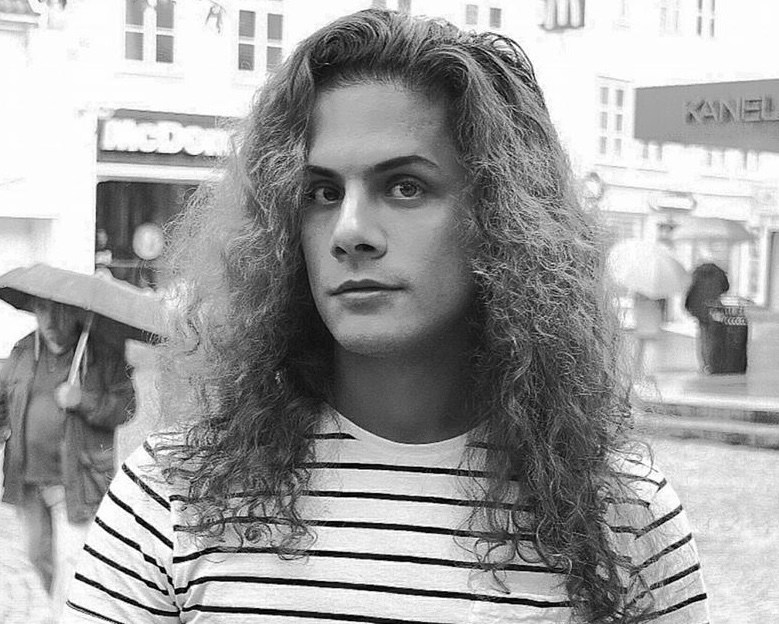
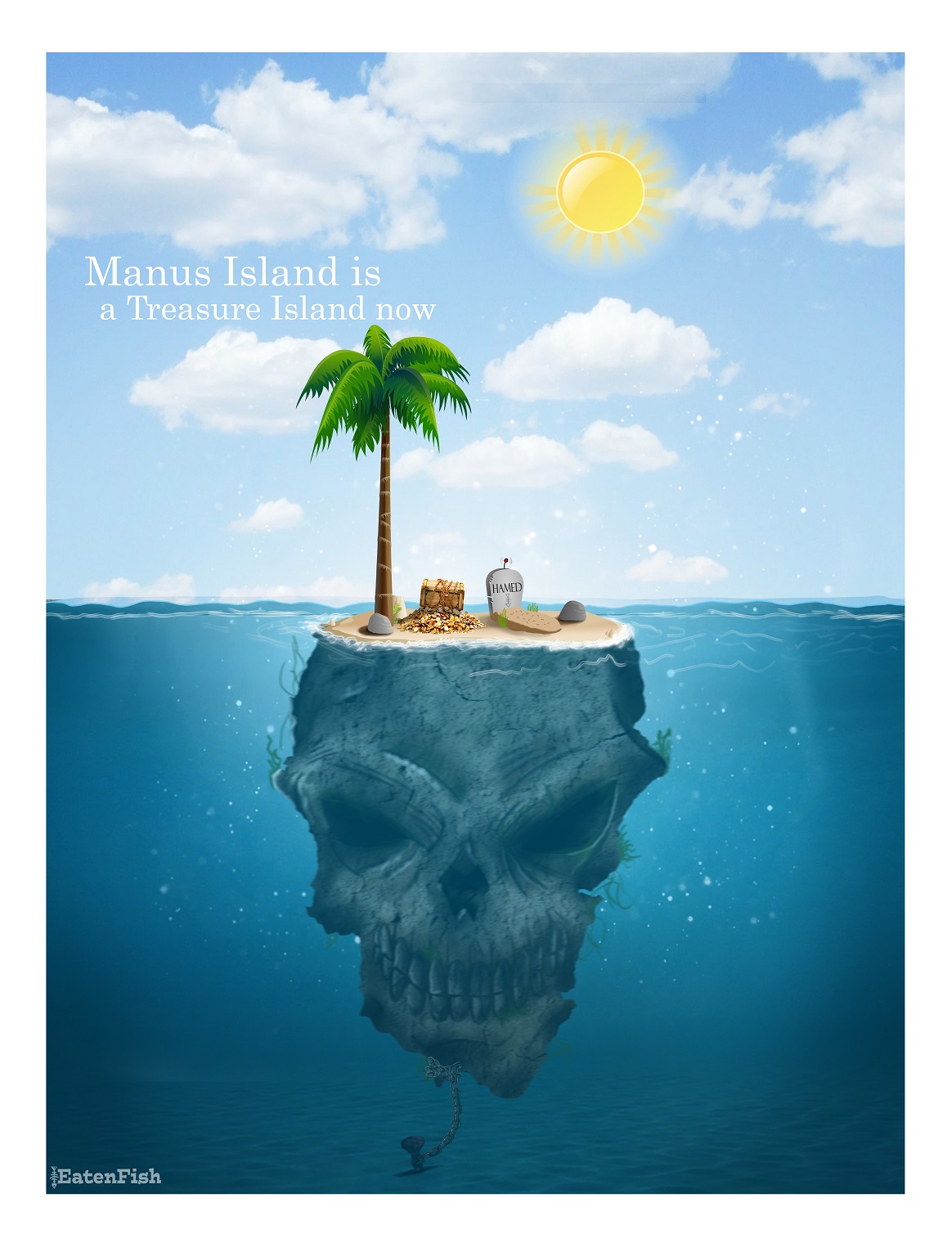
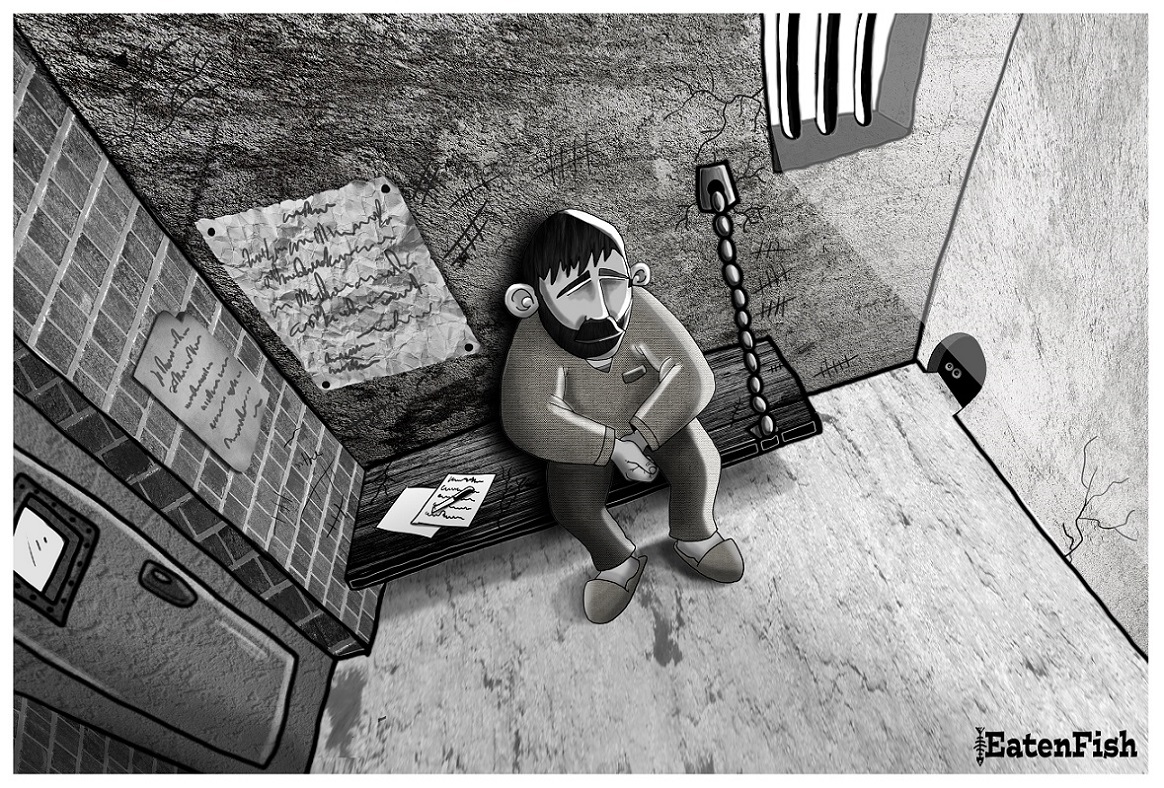
“Art saved my life. Art gave me freedom. As an artist, I have a responsibility towards my art, to look after my art because art was looking after me while I was in the detention center. ”
— Ali Dorani
During his detention on Manus Island, Dorani was a frequent target of guards and other internees. Located in Papua New Guinea, the prison was notorious for rampant human rights violations. The detention center of Manus Island has been condemned by the United Nations and various other human rights groups for highly unsafe conditions, including routine beatings, unsanitary facilities and untimely deaths of refugees in violation of the UN Convention Against Torture, to which Australia is a signatory.
Following the passing of Dorani’s fellow inmate and personal friend Faysal Ishak Ahmed in 2016, Manus refugees staged a non-violent protest, which, according to The Guardian, resulted in a temporary take-over of two camp compounds before guards regained control. The event called into question the ethics of Manus Island staff, and by association, Australian policy towards refugees. During his time in detention and since his release, Dorani has been very vocal about his criticisms of the regulations that controlled life in the detention center. His highly politicized cartoons condemned the Australian government and highlighted the pervasive corruption, sexual harassment, and mistreatment of inmates on Manus.
The detention center experience, as Dorani described, was excruciating. Branded with the booking number “RUF115”, and afflicted with severe obsessive compulsive disorder, post-traumatic stress disorder, and panic attacks, Dorani’s mental health quickly deteriorated. Drawing was his only solace during this dark time, and he worked on his cartoons whenever pen and paper were available. Armed with these tools and his artistic skills, Dorani began his cartoon chronicle, drawing cartoons whenever he could. This attracted the notice of guards and outsiders alike. Dorani’s art, usually depicting a cartoon version of himself living his experiences while at Manus, juxtaposes his prison life with the political circumstances behind the detention camps Australia created. Dorani has made cartoons speaking about the horrid living conditions, his dreams, and of illustrations asking for assistance. One of the outsiders that took notice of Dorani’s plight was cartoonist and The Guardian columnist Andrew Marlton, otherwise known as First Dog on The Moon. The two began communicating as regularly as they could.
Marlton and Dorani became close friends in the years that followed. Through long and deeply personal conversations over text and Facebook Messenger, Marlton came to empathize profoundly with Dorani’s situation. In July of 2016, Marlton published a multi-panel cartoon depicting their correspondence and other details, including Dorani’s health concerns. This communication proved essential when Dorani underwent a 19-day hunger strike from January 31st through February 18th, 2017 in protest against his captors’ failure to address his claims of sexual assault. Marlton spoke with Dorani daily during the ordeal.
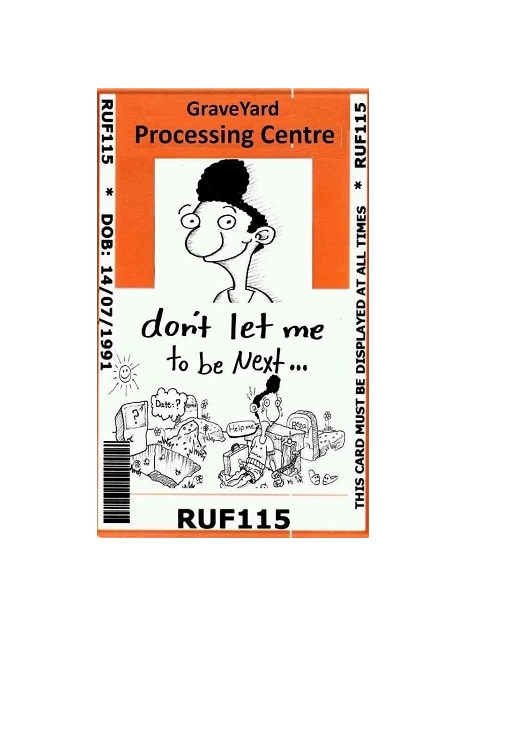
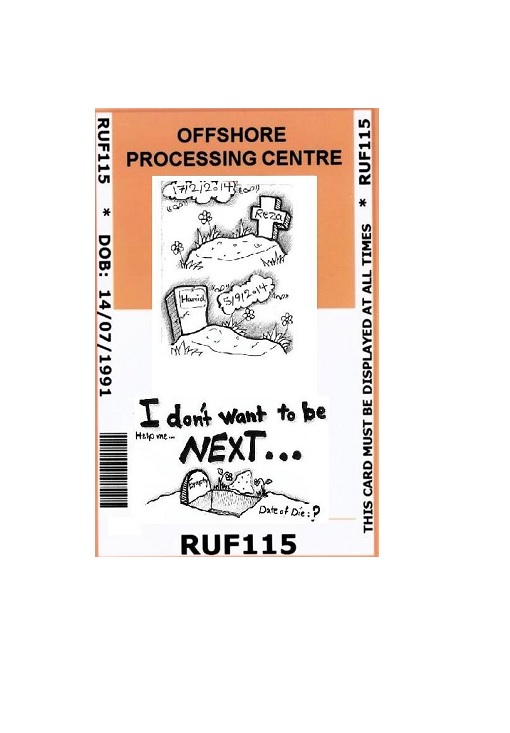
— Joel Pett, President of CRNI’s Board of Directors and Editorial Cartoonist
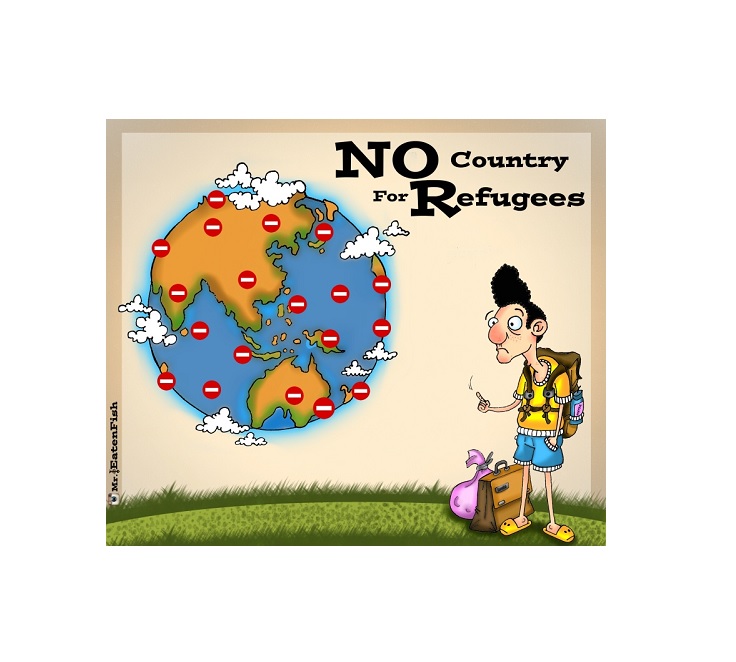
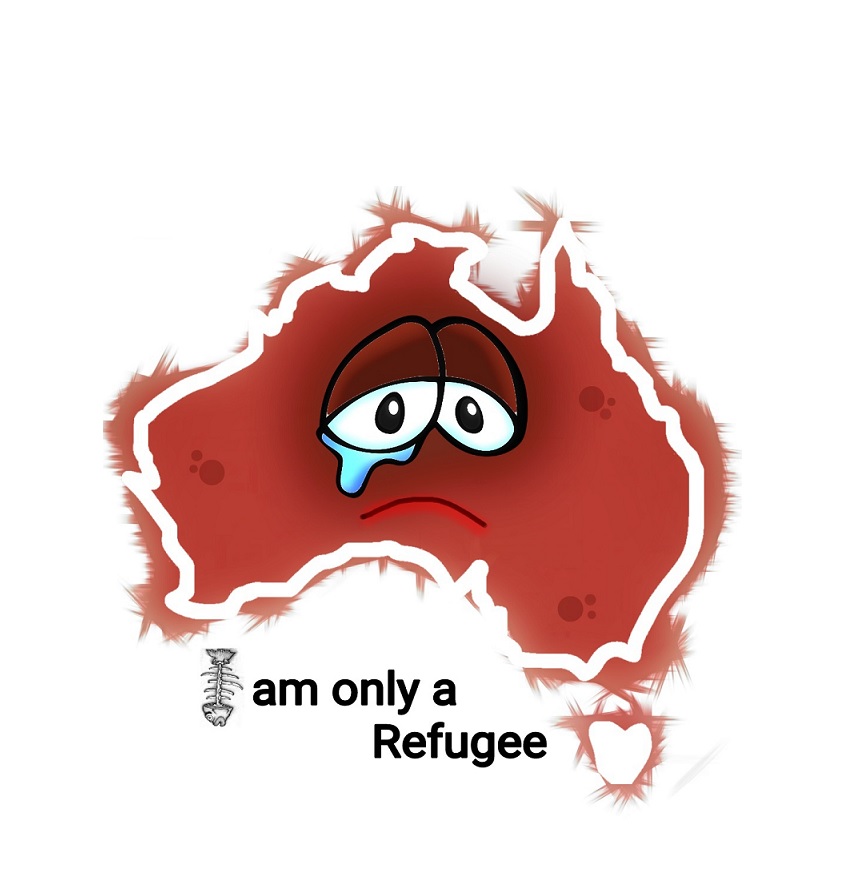
“What inspires me to continue working is the potential to help even only one person, by talking about my stories, by talking about my experience, by talking about my background. I’ll do it, if I see I can help only one person.”
— Ali Dorani
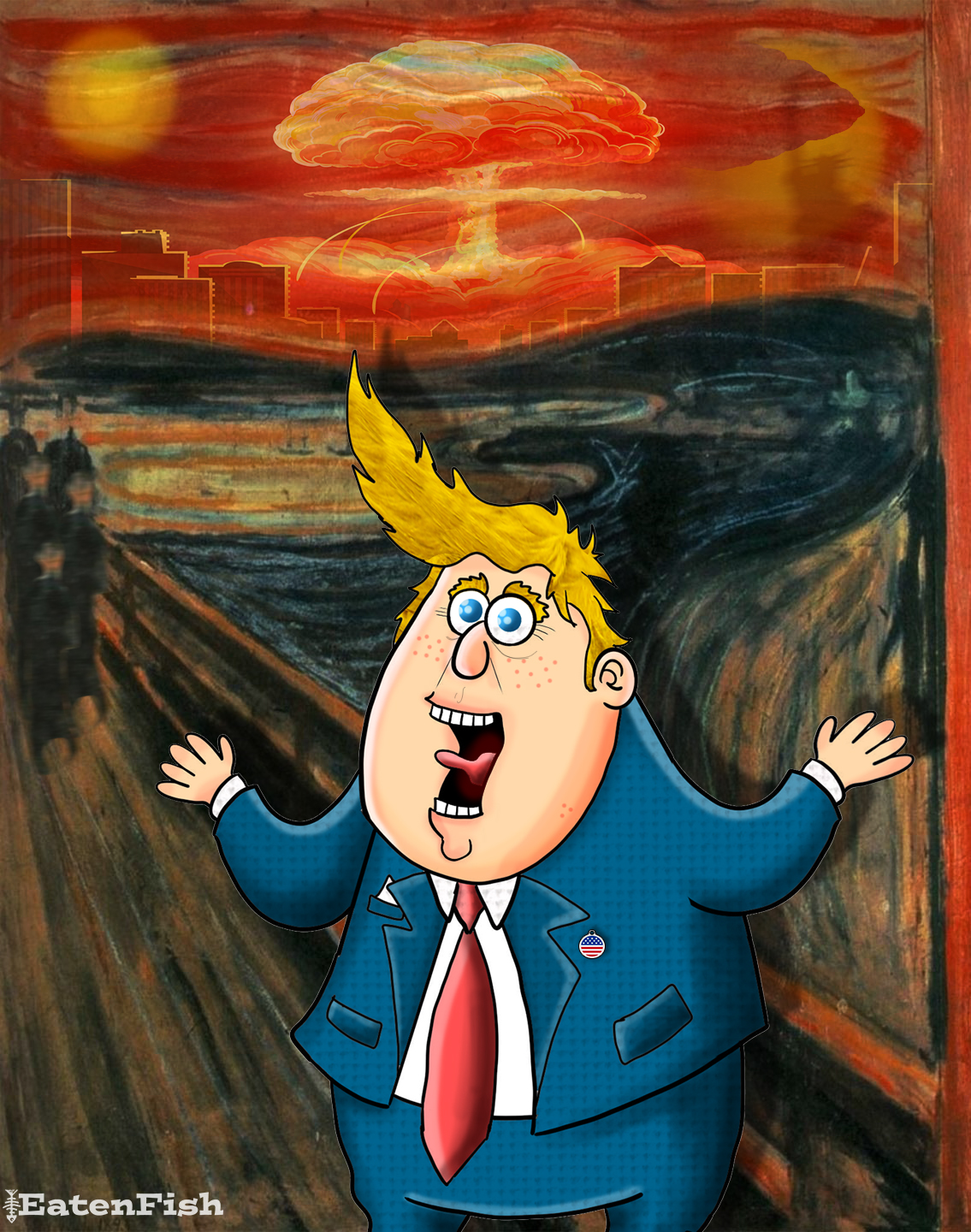
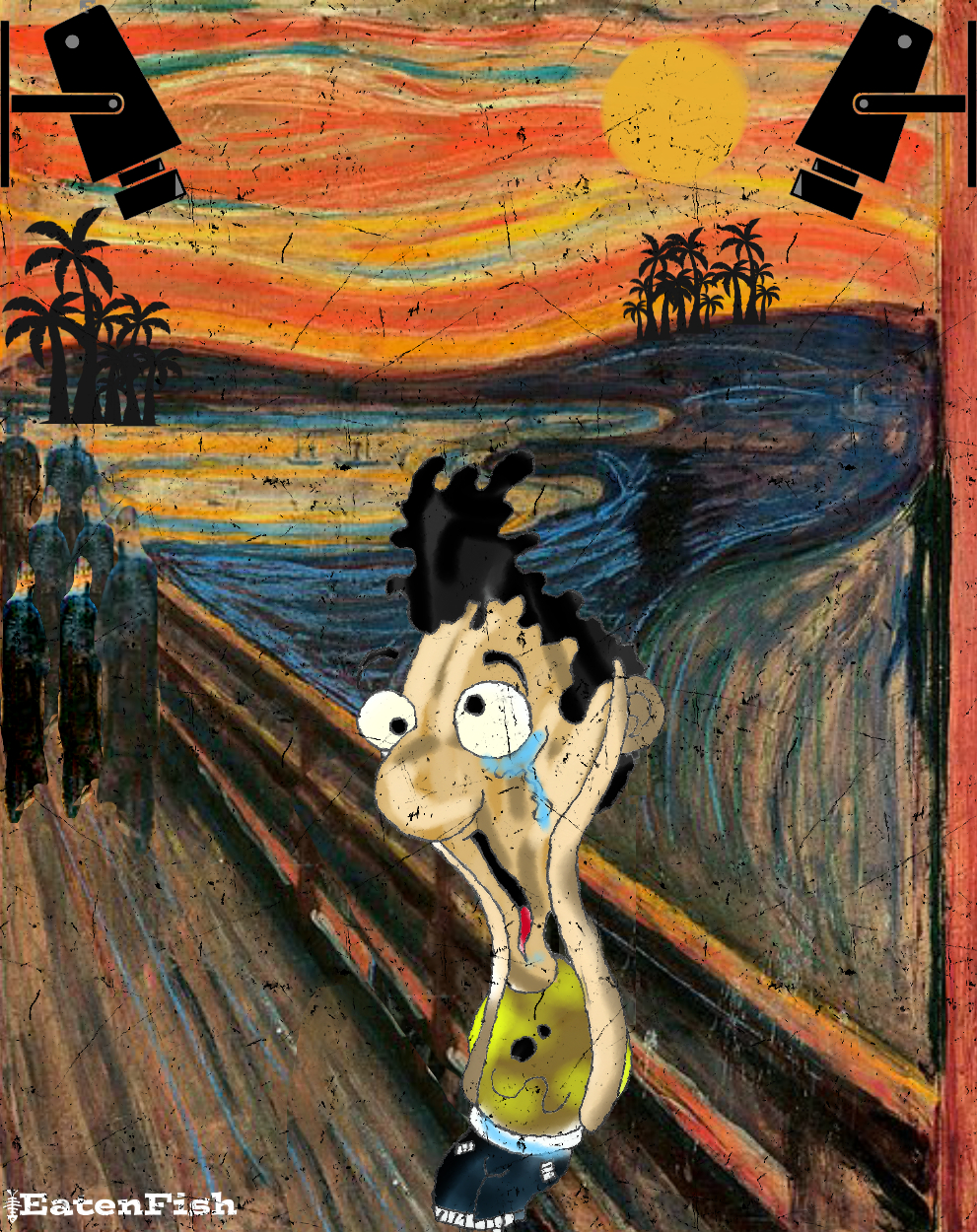
Dorani’s tale is a testament to his perseverance in the face of captivity and dedication to continue his work as an artist despite the risks. In the future, Dorani plans to begin work on filmmaking, as well as continuing to travel across Norway to tell his story.
In 2018, ARC joined CRNI’s campaign asking for Dorani’s release and was pleased to meet him at the 2018 ICORN General Conference.






